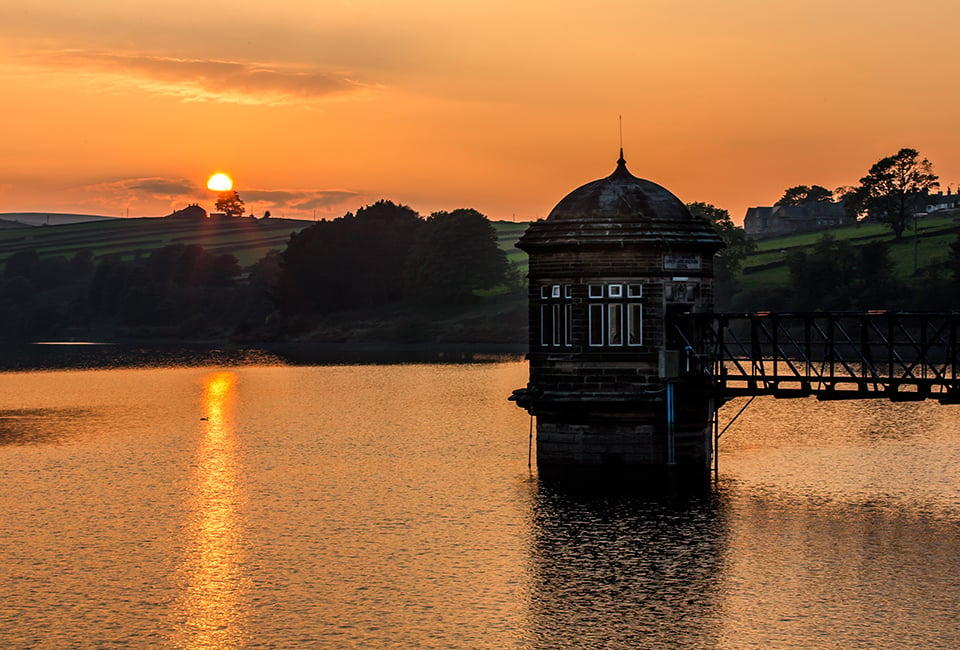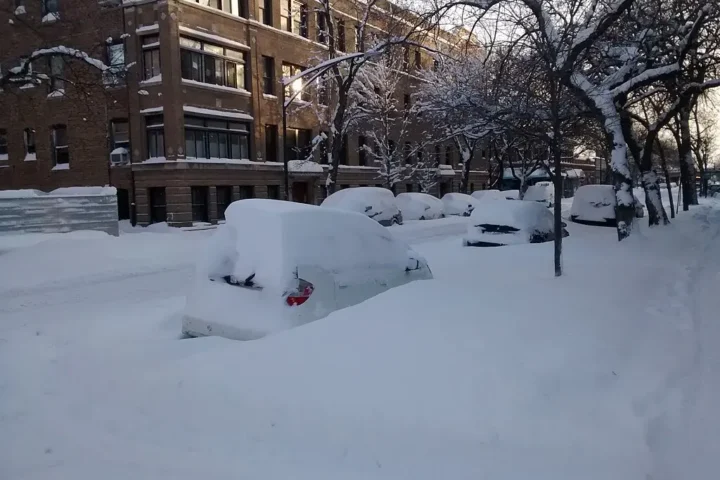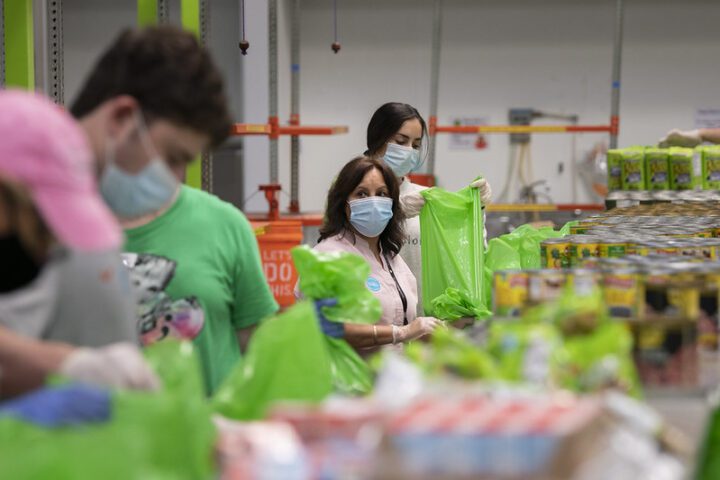Yorkshire Water warns of possible hosepipe bans without significant rainfall by May’s end, as the region experiences its driest spring since 1852.
Reservoirs and rivers across Yorkshire have fallen to “below critical levels,” pushing the region toward potential water restrictions. The current water crisis stems from a combination of unusually dry weather and increased demand, putting pressure on already strained resources.
Yorkshire Water’s reservoir stocks have dropped to their lowest point since last summer. The company reports current stocks at 76.4% in April, well below the normal average of 89.5% for this time of year.
Dave Kaye, Yorkshire Water’s director of water, confirmed the severity of the situation. “There is a risk of a hosepipe ban,” he said. “Hopefully, we will see some rain towards the end of May.”
The company says water supplies in Yorkshire are now “in a worse situation” than during 2022 when the region faced three separate heatwaves over the summer months.
Water usage has climbed dramatically with the warm weather. Yorkshire Water now provides an extra 60 million litres daily, equivalent to the combined daily water use of Harrogate and York.
February to April this year has been the driest period in England since 1956, with April rainfall across the country measuring only half of the long-term average. The Met Office confirms this spring is currently the driest on record since 1852.
Yorkshire has experienced its driest combined February, March, and April in 90 years. Mr. Kaye noted this is not an isolated problem, saying water supply challenges are a “national issue” with “a number of water companies reporting a very similar position to ours.”
Yorkshire Water will need rainfall reaching about 80% of the long-term average to avoid implementing a hosepipe ban. “If we don’t, we are going to have to look at the next steps we need to take,” Kaye explained.
Similar Posts
The problem extends beyond Yorkshire. South East Water typically supplies 544 million litres daily but has seen usage jump to 635 million litres – 91 million litres above normal levels. March and April had the driest conditions since 1961 and the sunniest skies since 1910, according to the Met Office.
A Temporary Usage Ban, commonly known as a hosepipe ban, would restrict using mains water for activities like garden watering, filling paddling pools, or washing cars. Breaking these rules can lead to fines of up to £1,000.
Yorkshire Water defended recent bill increases by pointing to infrastructure improvements. “We have added a lot of resilience into our networks,” Kaye said. “We’ve reduced leakage by 15%, which increases our stocks, and we are spending £408m on mains renewals across the next five years.”
Yorkshire Water is not alone in its efforts to improve water management. South East Water has increased leak fixing by 12% on average over the last three years and spends £40 million yearly on leak prevention. The company has committed to cutting water lost to leaks by half by 2050.
Water companies are turning to technology to help manage the crisis. South East Water now uses satellite surveys and drones to find leaks, along with specialised noise equipment to pinpoint leak locations. The company has also deployed new systems to improve visibility of its pipeline network.
Water utilities across the UK are asking customers to make simple changes in their daily habits:
- Using watering cans instead of hosepipes, which can save up to 200 litres every 15 minutes
- Washing fruits and vegetables in bowls rather than under running taps
- Keeping showers to four minutes or less
- Reusing cooking water for garden plants
- Fixing leaky toilets, which can waste 200-400 litres daily
Experts emphasise that small changes by many households can significantly reduce overall water demand, helping to preserve essential supplies through the summer months.



















